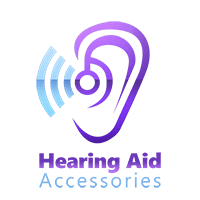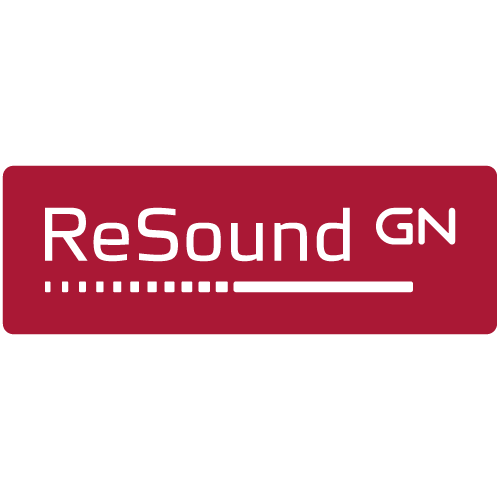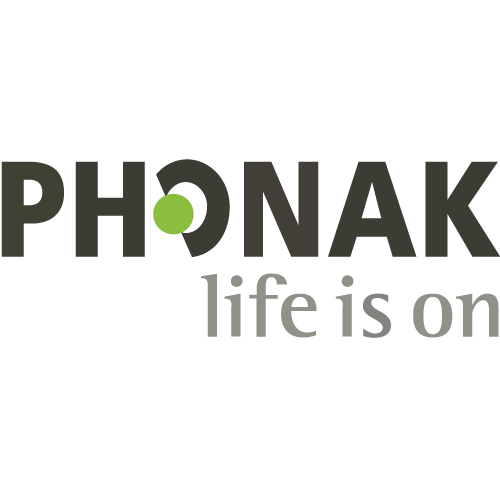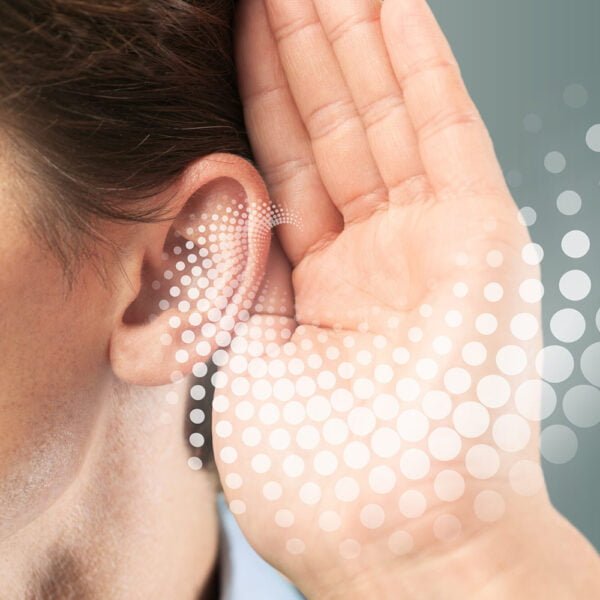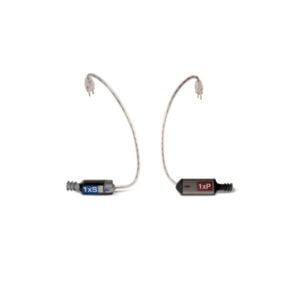If you are a person suffering from hearing impairment, understanding speech in environments with lots of background noise can be a challenge. This is due to the complex way in which hearing loss affects the way we hear. Hearing loss is essentially the result of dead or damaged cells inside the inner ear. Since those cells determine not only how loud a sound needs to be in order for us to hear it, but also how well we are able to discern speech in the presence of background noise, their loss results in extreme hardship when communicating in noisy environments.
Signs and Symptoms
Realising that you are suffering from high frequency hearing loss can be a slow process. You may first start noticing that you are able to hear most of what is being said but find it hard to interpret the words. Here are some of the signs and symptoms that might indicate that you are suffering from high frequency hearing loss:
- Hearing a buzzing, roaring or ringing sound without sounds being present (tinnitus)
- Difficulty discerning speech in noisy environments
- Frequently having to ask conversation partners to repeat themselves
- Developmental/learning delays (this is especially relevant for children)
- Issues hearing consonants
- Listening fatigue

What Are the Causes?
One of the most common reasons for high frequency hearing loss is aging. It affects around 1 in 3 people between the ages of 65 and 74 and half of adults over 75.
Another factor that can cause the condition is noise damage. Military veterans are often impacted by it due to excessive exposure to loud sounds during their service. However, activities that we usually tend to think of as harmless could also result in damage to the ear: according to a 2018 study focusing on the relationship between portable music players and hearing loss in children, the kids who used such players just once or twice a week were more than twice as likely to suffer from hearing loss in comparison to those who did not use them.
Other possible reasons for high frequency hearing loss include tumours and different conditions like Meniere’s disease, as well as the individual’s genetics.
How High Frequency Hearing Loss Can Affect Our Life
High frequency hearing loss has the ability to cause a domino effect in the impacted individual’s life. The negative effects can be overwhelming: conversations with friends and loved ones can turn from an enjoyable experience into a frustrating and confusing one due to the amount of effort that speech discrimination requires. Furthermore, communication at school or work could also become impacted due to a lot of background noise being present in these environments, thus causing further negative impact on the hearing-impaired individual’s life.
What You Can Do to Manage High Frequency Hearing Loss
There are many cases in which this type of hearing loss can be treated and managed. It is important to get adequate medical advice in order to indicate the most beneficial course of action.
Often times, high frequency hearing loss is irreversible. Thanks to modern technology, however, there are different devices that can be used to improve the hard of hearing’s listening experience. Suitable hearing aids are, of course, essential. Additionally, different assistive listening devices like frequency modulation (FM) systems could also provide great help.

What is an FM hearing system?
FM hearing systems are devices designed to improve hearing aid wearers’ listening experience in noisy spaces by allowing speech to be picked up closer to the source, thus eliminating unwanted noise.
We at Hearing Aid Accessories offer a brilliant range of high-quality assistive listening devices that can transform your listening experience in challenging environments and turn communication into an enjoyable activity once again. Browse our shop here and discover the one that suits you best!
